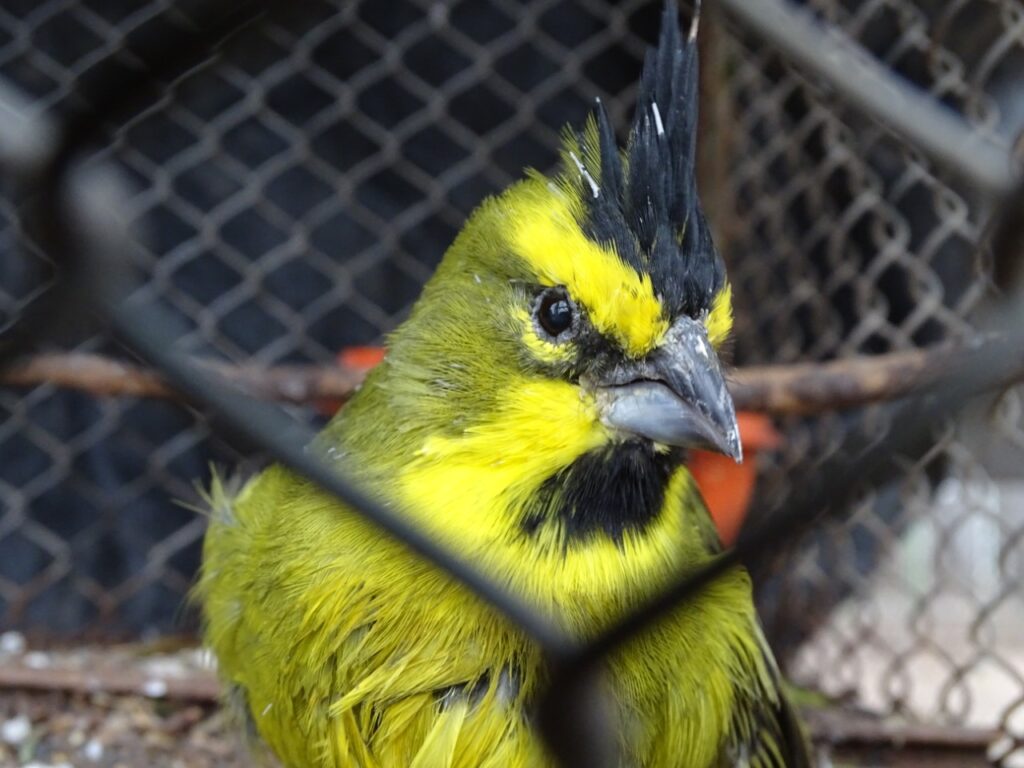Illegal wildlife trafficking has been gaining increasing public attention as a result of the impact it has on biodiversity and the sophistication of the wildlife specimens, products and by-products illegally traded. Not only is this issue on the agenda of those organizations traditionally dedicated to the conservation of biological diversity, but it is also on the agenda of several institutions involved in international cooperation and the fight against organized crime and corruption.
CICLA assisted WCS to define strategies to improve the performance and impact of the public policies on preventing and controlling wildlife trafficking. The project contains a diagnosis of wildlife trade at a national level, an identification of challenges and opportunities in the context of the current regional initiatives and it sets forth recommendations on legislation, institutional framework, administrative tools and related crime’s investigation and prosecution.
Client/partner: Wildlife Conservation Society (WCS).

